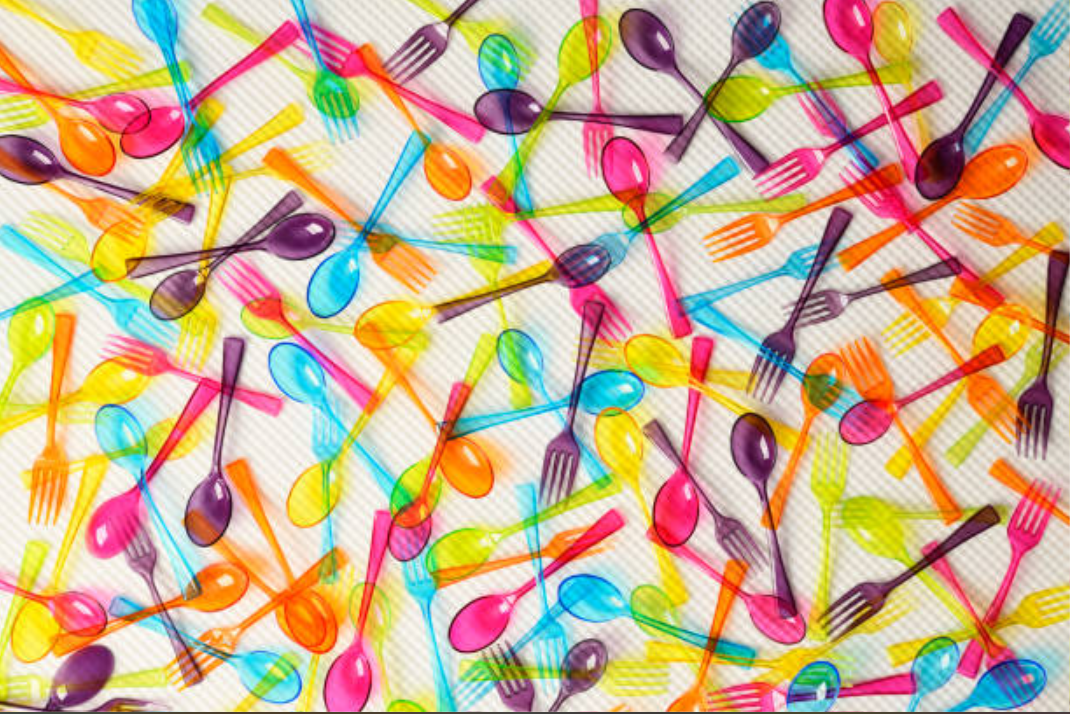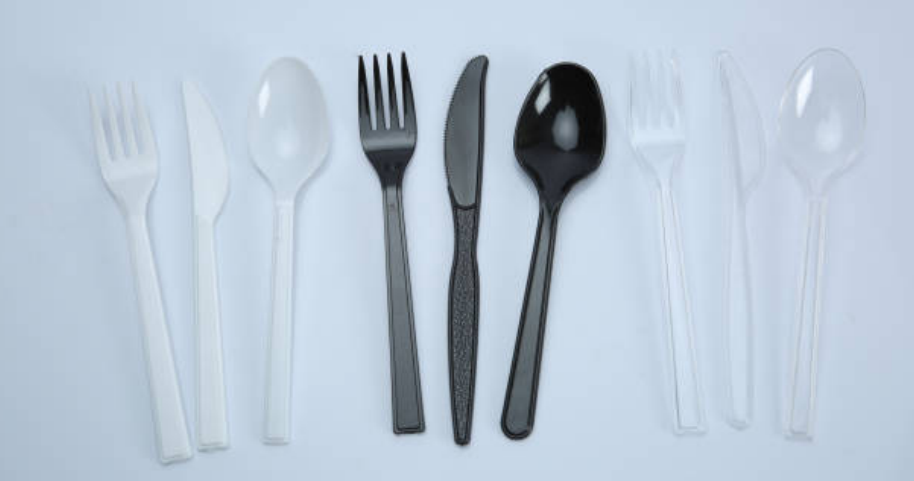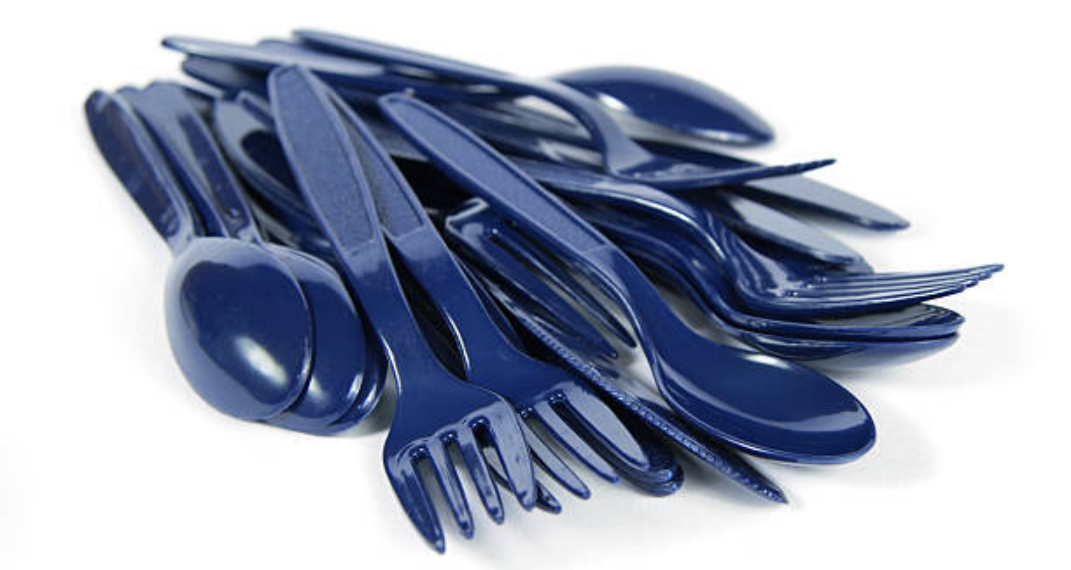I often think about where all those spoons and forks come from. You see them at events, in restaurants, or with your takeout meals. There are so many options out there, like custom designs, printed sets, or choices that are kinder to our planet. I find the range of choices quite surprising. Businesses today have a lot of cutlery suppliers to pick from. These can be high-tech mold makers or specialists in bamboo products. In my experience, when you’re selecting the best supplier for what you need, there’s one important point people frequently overlook…
FOW Mould
I think FOW Mould is a top choice for making custom cutlery. They create special solutions for spoons, forks, and other items you eat with. From my experience, their skills include everything from start to finish. This means design, making the molds, producing many items, and sending them worldwide.
Mold Selection & Recommendations
When I select molds for big projects, like the time we made 800,000 custom spoons for an international airline, I always look at cost and efficiency. Based on my experience, cold runner molds are like a trusty old pickup. They are great for a tight budget but do leave extra that needs cleaning. I find them a good choice for production runs up to half a million pieces.
Hot runner molds are a different story. The initial investment is more. However, I’ve seen firsthand how they produce zero waste and have very fast cycle times. I remember seeing these high-speed lines in a Shanghai factory. When orders go past 500,000 units, these advantages make them a very cost-effective choice in the long run.
For flexibility, I often recommend the one-point hot runner. To me, it’s the best all-around option if you’re looking for both speed and savings.
Regarding steel, my preferred types are hardened H13 and S136. I worked on a tough automotive cutlery project last year. These specific steel grades maintained high precision throughout the run. We also had almost no machine downtime. That project really showed me the value of these steels.
I also appreciate that FOW Mould is smart about keeping steel in stock. This helps protect clients, including us, from sudden steel price hikes. It means our project budgets can stay on track, even if market conditions change. I think this forethought is very valuable.
Advanced CNC Manufacturing and Quality Assurance
Last spring, I visited FOW’s factory. I was amazed by their CNC machines. Engineers watched each one carefully. These machines did more than cut steel. They made perfect molds. I remember feeling a spoon made from one, and it was incredibly smooth, like glass. They checked every batch at many points. It wasn’t just a final check. I think this focus on multiple checks is key for quality. I recall one time with an urgent airline order. Their careful checking found a small problem with the finish. This saved us from sending out 50,000 forks. Those forks might not have met the client’s tough standards. I was so relieved we caught that issue. I believe this mix of advanced machines and skilled people checking the work is why their cutlery is excellent. Based on what I saw, this dedication to precision and quality control really makes a difference.
BFT Packaging
I see BFT Packaging as a top supplier of custom printed cutlery sets. They are based in Istanbul, Turkey. Since 2018, I’ve noted they focus on making spoon and fork sets. These sets have special print options for businesses all over the world.
Key Manufacturing Capabilities
My experience with BFT Packaging left a strong impression. I ordered cutlery sets for a Berlin summer festival. My logo looked fantastic on their clear OPP packs with a vibrant three-color print. Customers frequently asked, “Who made these?” Their factory’s cleanliness also struck me. Walking through their spotless production halls, I saw staff in full lab gear. It felt clinic-level sterile, which I found unusual for a cutlery factory. I believe this cleanliness is exceptional. This makes me understand their exports to over 45 countries. Overseas partners confirmed BFT’s deliveries are reliable, even at peak times. In my view, BFT Packaging is distinctive. They provide great branding flexibility, ensure clinical-level cleanliness, and manage global exports effectively. I feel these aspects set them apart.
Product Specifications and Customization
For our Paris café launch, I ordered cutlery sets from BFT Packaging. I was impressed by their flexibility. A set could contain just a fork. Or, it could be a full kit with items like napkins, honey, and gum. Everything came packed in a crisp 7×25 cm sleeve. I liked that they could adjust to what we needed.
What I found even better was their approach to my requests. If I asked for environmentally conscious options or more luxurious ones, the team developed specific solutions for us. I appreciated that they created these unique options. Initially, a minimum of 10,000 sets felt like a large order. But the branding possibilities made it worthwhile. We could choose vibrant three-color prints or include custom items in each pack, which I thought was a great feature.
Our clients at the café opening noticed and liked the branding. This confirmed my thinking: good packaging is as important as the meal itself. Based on my experience, people remember such details.
Manufacturing – Spoon Manufacturer
The worldwide market for spoons is growing. I see its value at about USD 1,624.2 million in 2024. Sales expect to reach close to USD 2,066.4 million soon. I believe this increase comes from cutlery being easy to use and cheap.
Production Methods and Core Materials
I’ve visited cutlery factories. I remember one lively plant near Jakarta I saw last spring. The way they use injection molding always amazes me; it’s like a dance. I picture pellets, like polypropylene or polystyrene, falling like hail into big, noisy machines. They add color and other things to make the stronger. Quickly, a machine presses the melted into cool steel molds. The then turns into shiny spoons and forks. I see workers in clean blue overalls taking the shiny spoons and forks from the racks. Each one shines. But I find the small details most interesting. For example, a shift supervisor mentioned to me that their special additives made the 15% stronger. This really cut down on complaints about items breaking. I’ve also learned that the numbers are important. Based on my experience, producing one pound of polypropylene uses 9.34 kWh of energy and 5 gallons of water. I find it significant that polystyrene uses even more. From my perspective, this difference affects both the production cost and how we feel about using these materials.
Case Study: Inside a Spoon Factory
Last winter, I visited a factory in Gujarat. I saw machines produce 1,000 packets of spoons every shift, and each packet held 100 spoons. When they began, the factory ran at only 55% capacity. In that first year, they packaged 165,000 boxes. By the fifth year, I saw them operating at 75% capacity. Stacks of 225,000 packets were near the doors. To achieve this growth, I observed them use 142,000 kg of polypropylene. The material costs reached Rs 6.2 million. This figure included every pellet, every bit of izer, and every box. What impressed me the most was their constant focus on quality checks. I saw control charts at each molding station. Supervisors performed statistical checks after every shift. Their goal, as I understood it, was to find any flaws and prevent any imperfect spoon from reaching a customer. From my perspective, these quality checks are the true core of their work. I believe they are more important than the machines.
Market Directions and Sustainability Problems
Worldwide, makers produce over 40 billion pieces of cutlery, like spoons and forks, each year. People like them because they are useful and don’t cost much. But, here’s a big issue I see: polypropylene and polystyrene come from fossil fuels like natural gas and crude oil. These are resources we can’t renew, which causes big sustainability problems. I’ve heard experts warn that these resources could be almost gone after 2042. This is a serious future challenge for the industry, if you ask me.
Anchenggy
I consider Anchenggy a top manufacturer of disposable tableware that helps our planet. They specialize in wooden and bamboo spoons and forks. They started their journey in 1998. With over 20 years of industry knowledge, Anchenggy operates a modern production facility. They have a team of more than 200 people. I find it impressive that their annual export value is over $30 million.
What They Offer and Their Approach to Environmental Care
I remember my first experience with Anchenggy’s bamboo forks. It was at a local food festival. The natural grain of the bamboo felt so real and unique to me, not like smooth at all. I really liked that tactile feeling. From my observation, Anchenggy offers a complete selection of items. This includes forks, knives, and plates. They make all these items from bamboo that grows quickly or from sturdy wood. I find it truly remarkable that bamboo doesn’t need replanting. It simply regrows by itself. In my opinion, this makes bamboo an incredibly eco-conscious material. I also appreciate that each piece is 100% compostable. Beyond that, based on what I’ve seen, they are also designed to be very durable. They can handle a large portion of curry or the demands of a company picnic. In my experience, caterers often praise the smooth finish and surprising toughness of these products. Event planners also rely on them. They appreciate the easy, guilt-free disposal after large gatherings conclude. It’s interesting to look at the data: over 90% of users reported that the natural appearance of these products enhanced their brand image. I believe this shows how even these practical, disposable items can become positive talking points for a business.
What Clients Say and Market Achievements
When I began my partnership with Anchenggy, I quickly heard positive comments from my colleagues in the restaurant and mobile kitchen industry. They were very impressed with the excellent quality of each bamboo fork. They also mentioned the dependable shipments, even during busy holiday periods. I particularly liked how the Anchenggy team proactively called with updates, often before I even thought to ask.
It really shows their value that many of my contacts now consider Anchenggy essential. These businesses have been ordering from Anchenggy for over five years. They’ve also seen their repeat sales grow by 25% year after year. Based on my experience, this growth is linked to Anchenggy’s consistent service.
I understood why their customers are so loyal—it’s a genuine loyalty, not something artificial. For me, this became clear when I saw Anchenggy manage a sudden 8,000-piece order for a school event. They delivered everything on time. On top of that, 93% of attendees were surveyed. They said the tableware made the event “feel more thoughtful.” I think that’s a strong testament to their quality.
China Spoon Suppliers
I find Sourcify China very helpful. They connect you with Chinese spoon makers they’ve already checked. These makers produce spoons. They also make spoons from stainless steel, wood, and silicone. Sourcify China aims to make sourcing easier for you. They cut out extra broker fees. This gives you direct access to factories I trust.
Why Partner with Chinese Spoon Manufacturers?
Last summer, I had a client with a pressing need for 500,000 spoons made from sustainable materials. I contacted a Chinese supplier I know, one with over 30 years in the business. From my experience, this supplier did more than just meet the deadline. They improved the spoon’s design. They also recommended a stronger, food-safe polymer. This material offered better durability and heat resistance, qualities we hadn’t initially focused on. I considered their suggestion insightful.
Their production was fast. It took only three weeks to go from the initial idea to the actual shipment. Because of this speed, I recall we avoided a significant stock shortage during our busiest time of year. What I find particularly noteworthy is that China’s adaptable manufacturing handles about 62% of the quickest custom projects within my professional network. This is a significant figure based on my observations. I’ve seen that for projects requiring custom designs and high production numbers, these Chinese suppliers often perform better than others worldwide. For me, their reliability in these situations is a major advantage.
Featured Supplier: Dongguan Dexuan Hardware Products Co., Ltd.
Last spring, I visited Dexuan. I was really impressed by their 10 years of experience. I saw their engineers expertly handling fast injection lines. Large orders for Nestle moved along the conveyor. These cartons were headed to Europe or the Middle East. I observed their factory was buzzing with activity. They had air showers, CNC lathes, and precise robots. What impressed me the most? I found out that every order went through a detailed eight-step process. This included very thorough lab tests. From my observation, they made sure nothing shipped unless it was perfect. I also saw that Dexuan handled the busy holiday season well. Their logistics were efficient, and deliveries were always on time. So, it makes sense to me that their European sales increased by 15% last year. Their global exports are also stable at $10 million. If you need large production volumes, top quality, and quick delivery, I recommend Dexuan. I think their methods are dependable and quite innovative. It really impressed me, like watching a complex machine operate flawlessly.
Who Benefits Most? Let me share my thoughts.
Are you sourcing for international brands? Or large retail chains, or food service companies? If you need reliable Chinese suppliers for customizable spoons, I recommend Sourcify China’s network. I’ve seen it’s a proven resource. Their work with major brands is solid. They can also increase production as needed. In my opinion, this makes them attractive for large and growing businesses.
summary
From what I’ve seen, picking a utensil supplier isn’t just about cost or what they’re made of. I think it’s important to find partners. These partners should offer good quality and care about the environment. You might need custom molds from FOW. Or perhaps printed sets from BFT. Anchenggy offers green options. You might also look for dependable Chinese makers. I suggest you first understand what you really need and what’s important to your business. People are asking more questions about and the environment. I believe businesses should choose their suppliers with care. Look for suppliers with new ideas and sustainable products. This helps meet today’s needs. It also prepares businesses for future changes in food service items.






